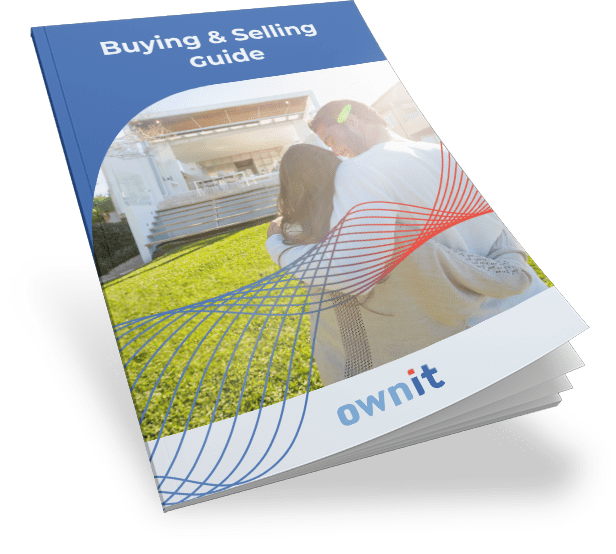Buying a property, whether for an investment or as a principal place of residence is one of the largest transactions most people will make. It is always amazing, then, to see and hear media reports of property transfers that have been poorly handled, when there are clear laws covering the conveyancing process.
In Queensland, conveyancing transactions must be conducted under the supervision of a Queensland registered solicitor, unless the buyer is doing their own conveyancing. It is often in these circumstances that many common mistakes are made. This exposes the buyers to significant risk and extra costs when they have to engage a qualified professional to fix up the mess later.
Common Conveyancing Mistakes can be Costly
There are a number of common mistakes that solicitors see all the time. One that can be very costly in a slow market is to buy a home while still having an existing property to sell. This can be covered in the contract, but only if it states that the sale of the new property is subject to the satisfactory settlement of the sale of the existing home. If the sale of the existing property falls through, the buyer is not forced to settle on the new property.
To learn more about conveyancing mistakes and how to avoid, contact us today!
Another trap for the unwary is in not leaving enough time in the contract for searches and inspections to be done before the contract goes unconditional. Building and pest inspections need to be arranged, conducted, and a report prepared and properly examined. This does not happen overnight. Similarly, searches of relevant local and state authorities also take time, and any issues uncovered must be dealt with before the crucial date.
When Does the Risk Pass to the Buyer? – You Could be Surprised
Many buyers are unaware that the risk passes to them one day after the contract is signed. This means that they are responsible for insuring the property, even though technically, they do not yet own it. If the property is damaged or destroyed between contract and settlement, any losses must be covered by the buyer.
Buyers should not assume that they can extend the settlement date if they need to. This is at the discretion of the seller who can legally refuse an extension. The seller is also not legally obligated to clean up the property or remove rubbish before settlement. This needs to be included in the contract as a special condition or the buyer could be left to clean up before moving in.
These are just some of the common mistakes novices make. This is why conveyancing is best left to the experts who understand the law and can advise their clients accordingly.


